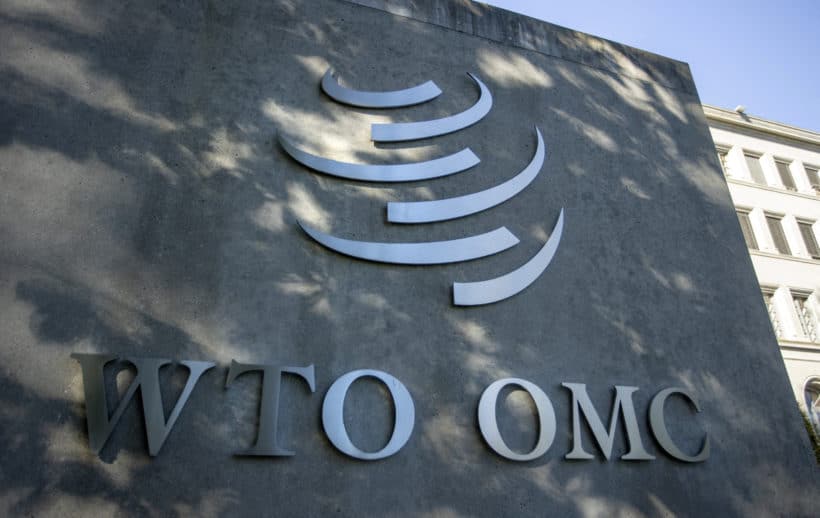
BERLIN, Dec 6 (Reuters) – The EU should join forces with African countries to reform the World Trade Organization’s (WTO) subsidy rules as a way to counter Chinese market distortions and diplomatic influence, the German Economic Institute (IW) argued in a paper on Wednesday.
The IW, which is financed by prominent German business associations and carries weight among Berlin policymakers, published the paper ahead of an EU-China summit in Beijing on Thursday and Friday.
The issue of unfair competition is expected to top the agenda, three months after the European Commission launched an anti-subsidy probe into Chinese electric vehicles.
Reform is to be a key topic at the WTO’s 13th ministerial conference (MC13) in February, although it requires a full consensus to make any substantive changes.
The WTO’s Africa negotiating group has proposed reforming current subsidy rules to better support developing countries – for example allowing them to have local content requirements and to grant subsidies for environmental protection.
The IW argues in its new paper, seen by Reuters ahead of publication, that the EU should expand this initiative to also tighten subsidy rules on the world’s top trading countries.
Those major players would be determined according to their share of global trade or income level. That means new rules would affect China, even though the WTO classifies it as a developing country.
Such a joint EU-African initiative could pressure China to accept reform and would help limit the growing global subsidy race.
“In addition, the EU could counter China’s attempt to present itself as the supporter of developing countries’ interests in Geneva,” wrote Juergen Matthes and Samina Sultan, authors of the paper “Reforming the WTO’s subsidy rules –A new opportunity to tackle the global distortions of China’s state capitalism”.
“If China blocked the… reform, it would also block the vital interests of the African Group and other developing countries in gaining more policy space for development.”
(Reporting by Sarah Marsh; Editing by David Gregorio)

